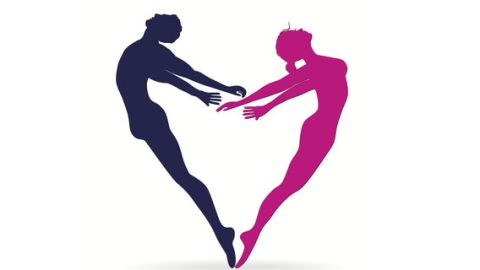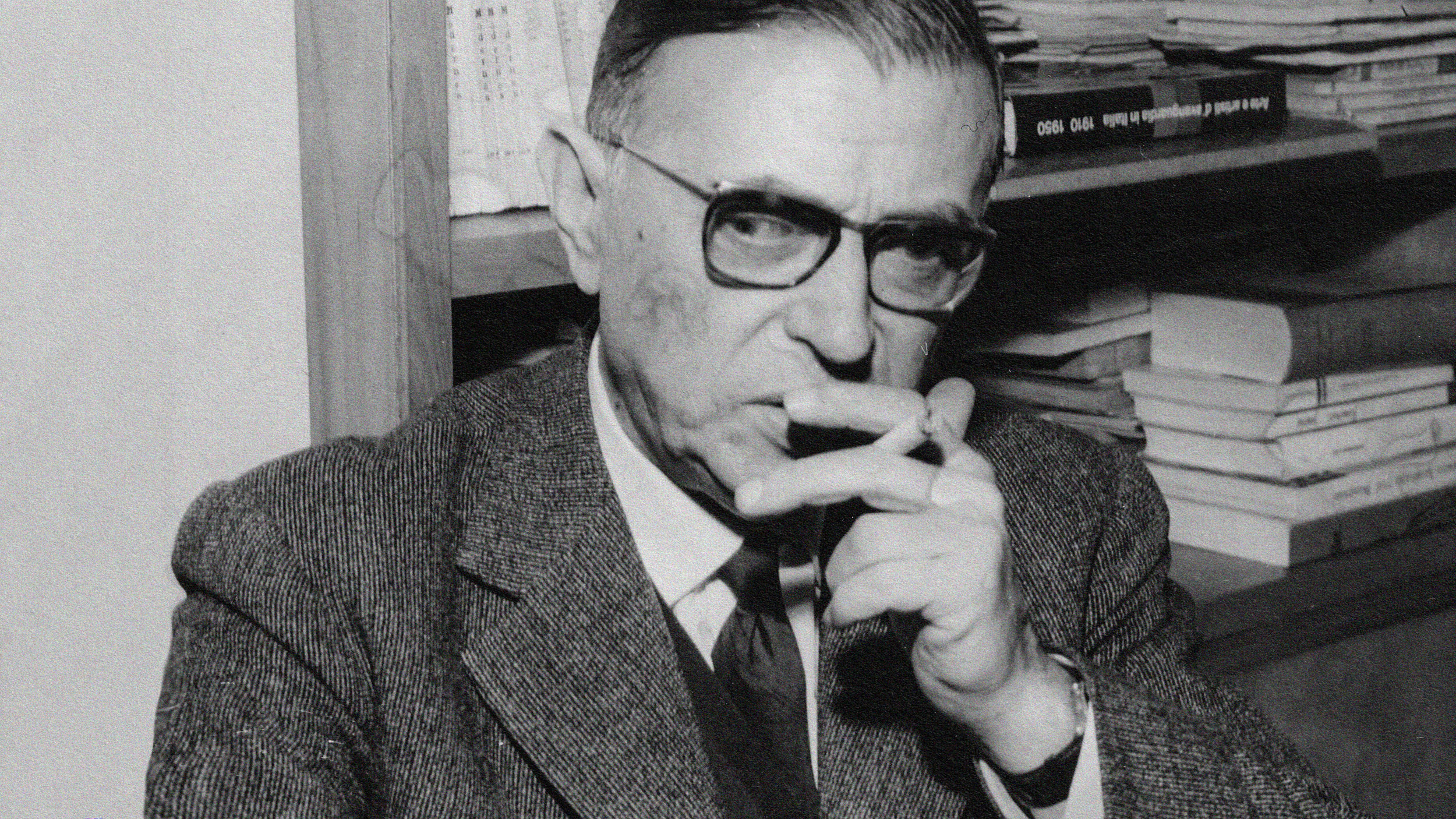The Evolutionary Logic of Knowledge Transfer

Why do certain ideas succeed? In a previous post, we looked at how idea entrepreneurs are able to lift ideas to the surface on the strength of their compelling personal narratives and powers of persuasion. Now here’s another take.
Ideas have to pass a kind of Darwinian fitness test, argues the computer scientist Ramez Naam, who is the author of More Than Human: Embracing the Promise of Biological Enhancement. It turns out the most useful ideas are the ones that spread, like the wheel that was invented in Egypt and was improved upon in Sumaria by going from a solid disk to spokes.
Passing the usefulness test crucially involves the ability of ideas to propagate themselves, just as biologically successful humans are able to pass on their genes. In the case of the wheel, two ideas met, and reproduced. In other words, the wheel was carried by humans to another place where it was then improved upon by other people.
So everything we’re doing in society today, such as expanding access to education and research tools, Naam says, “is accelerating this process of the Darwinian evolution of ideas.”
This video is part of our series of the most popular videos of Summer 2013.
Watch here:
Image courtesy of Shutterstock





